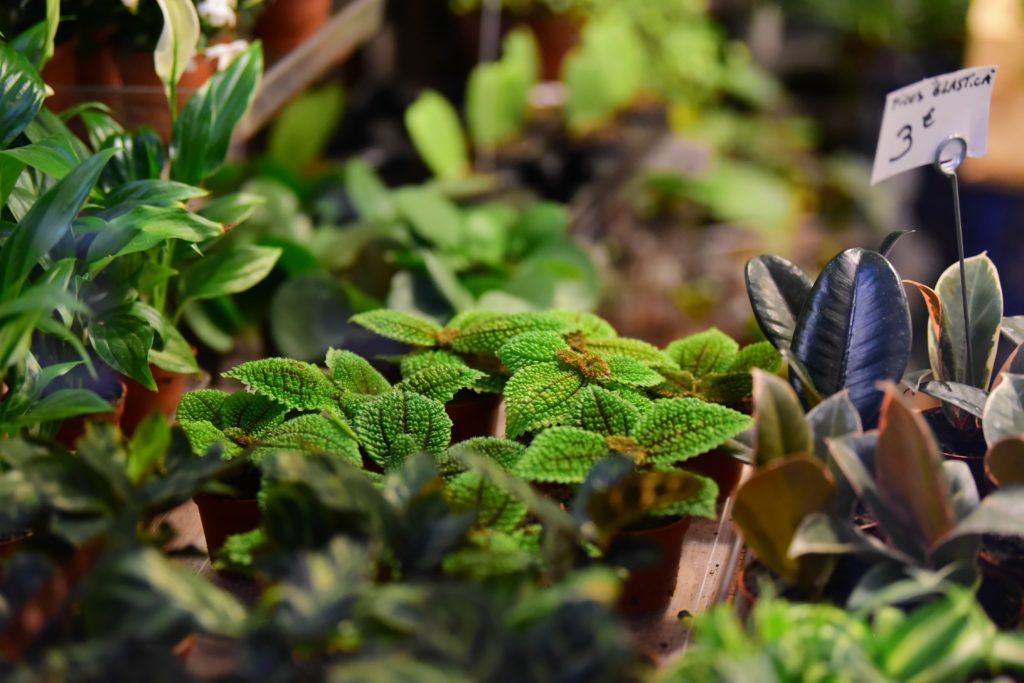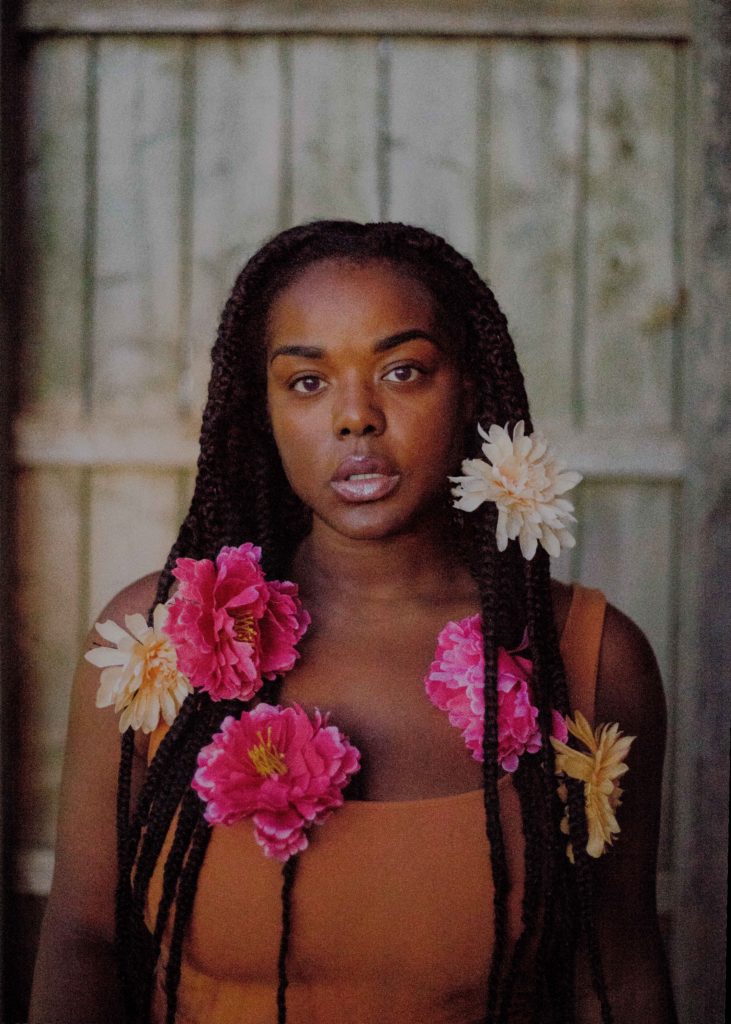For the last few days, the world has been fighting back against racism and police brutality with protests, music, art, hard conversations, education, and many other modes of activism. I stand in solidarity with all of the work that has been done and offer a vow to not stop doing the work in the future.
Part of the work that needs to be done is learning about Black culture and its history. When we learn about each other’s cultures and history, we start to understand each other better. We understand why certain things are done the way they are, we begin to understand why there are certain feelings around things. Although this is true for all people regardless of race, gender, nationality, etc, this needs to be a journey we take as white and non-Black POC allies to be of better service to our Black brothers and sisters.
I have been on the path of an aspiring herbalist for a few years now. However, I have started to grow and harvest my own herbs only recently. Before then, I spent a lot of time reading and using pre-made tinctures and teas. One aspect that I have come to love so dearly about herbalism is how many different traditional branches there are. There are three “big” classes of herbalism widely known today: Ayurveda, traditional Chinese Medicine (TCM), and Western herbology. However, all three have been predated by traditional African Herbalism.
Today, I would like to share what I’ve learned about traditional African Herbalism and its history. This is coming from a place of an observer and active learner, so I will include sources if you would like to learn more from people that have a lot more knowledge about this subject. I hope that this a source of inspiration for further learning and a moment to heal before we continue the fight for equality.
Disclaimer: Before taking any herbs, please always consult with a medical professional.
The History
Herbalism in Africa has been practiced for thousands of years. Written in 1,500 BCE in Egypt, the Ebers Papyrus lists almost a thousand different herbal medicines. However, the branch of traditional African Herbalism that has stood against time and is still widely practiced today is Yorubic Medicine. Yorubic Medicine originated over 4,000 years ago in present-day Nigeria. Over the last 400 years, Yorubic Medicine also spread to the Americas and the Caribbean due to the slave trade.
Yorubic Medicine was not only used to heal the body from disease but also to strengthen the soul and mind to eventually reach spiritual enlightenment. Yorubic Medicine incorporated the use of herbs with meditation, prayer, dance, spiritual baths, and personal and communal elevations for overall holistic health.
When Yorubic Medicine was first brought over to other countries through the slave trade, many outsiders thought it was a form of “witchcraft,” which led to countless lives being lost. This is part of the reason why there are not many written accounts about the practice. Instead, Yorubic Medicine was most often passed down by the community’s elders through spoken word.
In Yorubic Medicine, the body is divided into seven categories. These are: Obatala (brain and bones), Elegba (nervous systems), Yemoja (womb and liver), Oshun (circulatory system and digestive system), Ogun (heart and kidneys), Shango (male reproductive system, bone marrow, and life force), and Oya (respiratory system). These were then matched up with herbs that help heal and strengthen these “categories.” Herbal remedies were usually made and prescribed by tribe elders. Modern-day practitioners should seek advice from a qualified herbalist and a licensed physician before use.
There is so much more to learn about the history of traditional African herbalism, or Yorubic Medicine, if you would like to learn more check out this research article by Dr. Tariq Sawandi where I sourced the majority of the history.
African Herbs to Implement
During these present times, anxiety is running understandably high in a lot of people. There are so many unknowns, and people are fighting for the right to live. With all that is going on, I believe that the herbs that will be of most service to our community will be herbs that support stress relief. Here are three herbs used in traditional African herbalism to research and potentially implement for a healthy stress response.
- Sceletium: A succulent plant often used to aid with relaxation.
- Sutherlandia: A bush plant that is used for stress relief and appetite gain.
- Mucuna: A legume that aids with dopamine release in the body and, therefore, stress relief.
All three herbs can be purchased from African Botanicals!
More Resources
As mentioned previously, the practice of traditional African herbalism most often passed down orally. Because of this, there are not a lot of modern resources out there, but here are a few that I did find!
African Medicine: A Complete Guide to Yoruba Healing Science and African Herbal Remedies by Dr. Tariq Sawandi
Rootwork Herbals Herbalism School (A herbalism school run by Amanda David who specializes in accessible and decolonized herbalism)
African Traditional Medicine: Practices Among the Yoruba of Nigeria by David Oyebola
If you’ve studied traditional African Herbalism before and have more sources, I would love to see them! Feel free to share in the comments any additional information you may have. In the meantime, keep speaking out about the injustices in the world, keep spreading love, and keep learning.
Related: I Tried African Black Soap to Heal My Blemish-Prone Skin. Here’s What Happened
Get more like this—Sign up for our daily inspirational newsletter for exclusive content!
___
Photo: Picture Seeker via Unsplash; Jessica Felicio via Unsplash






